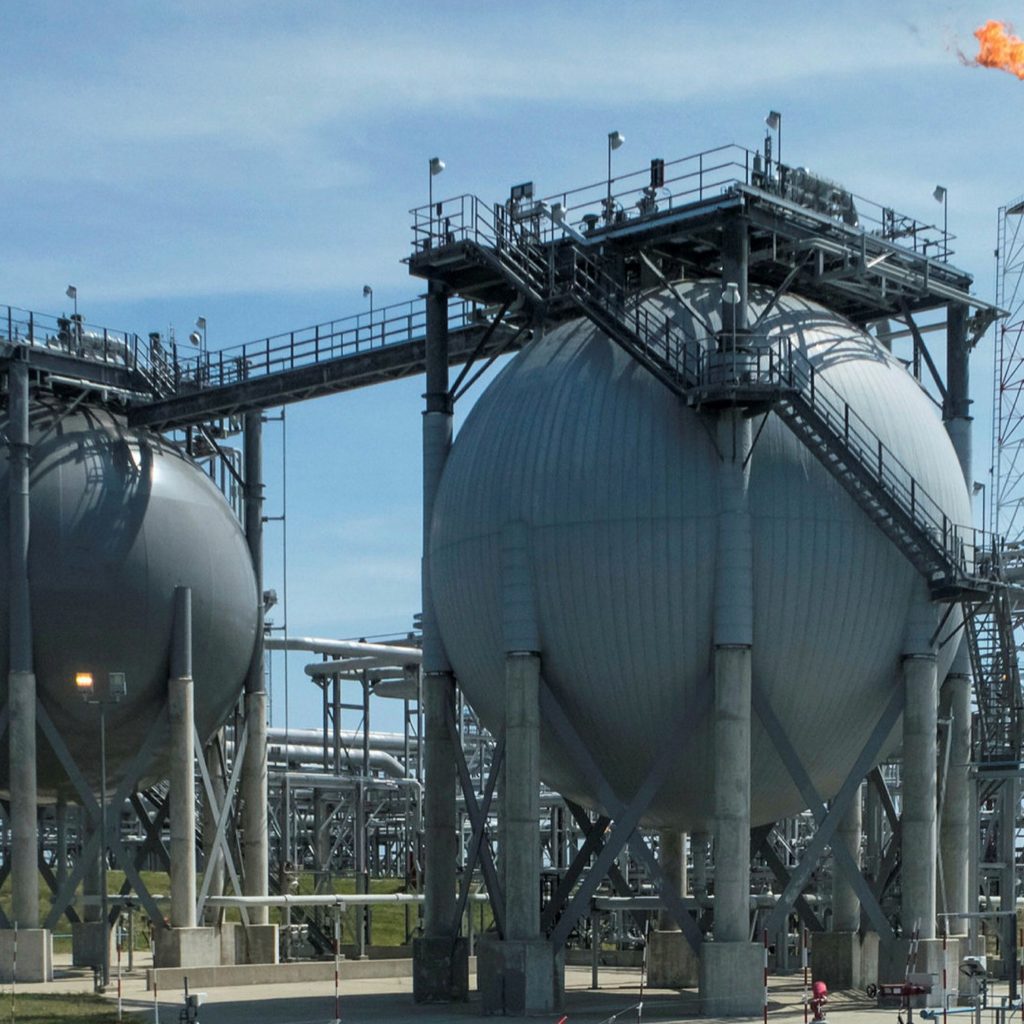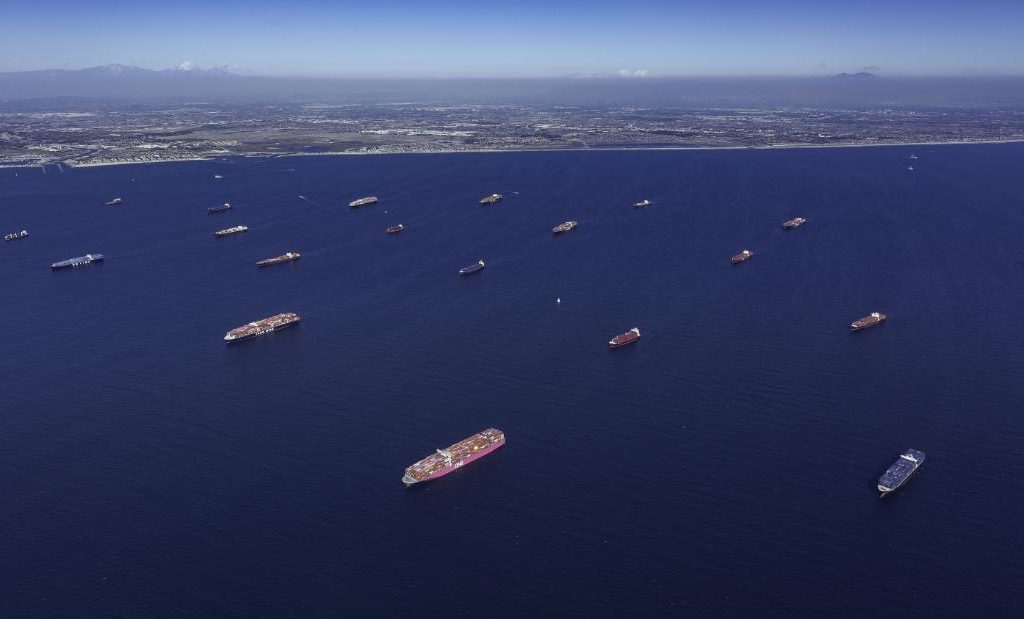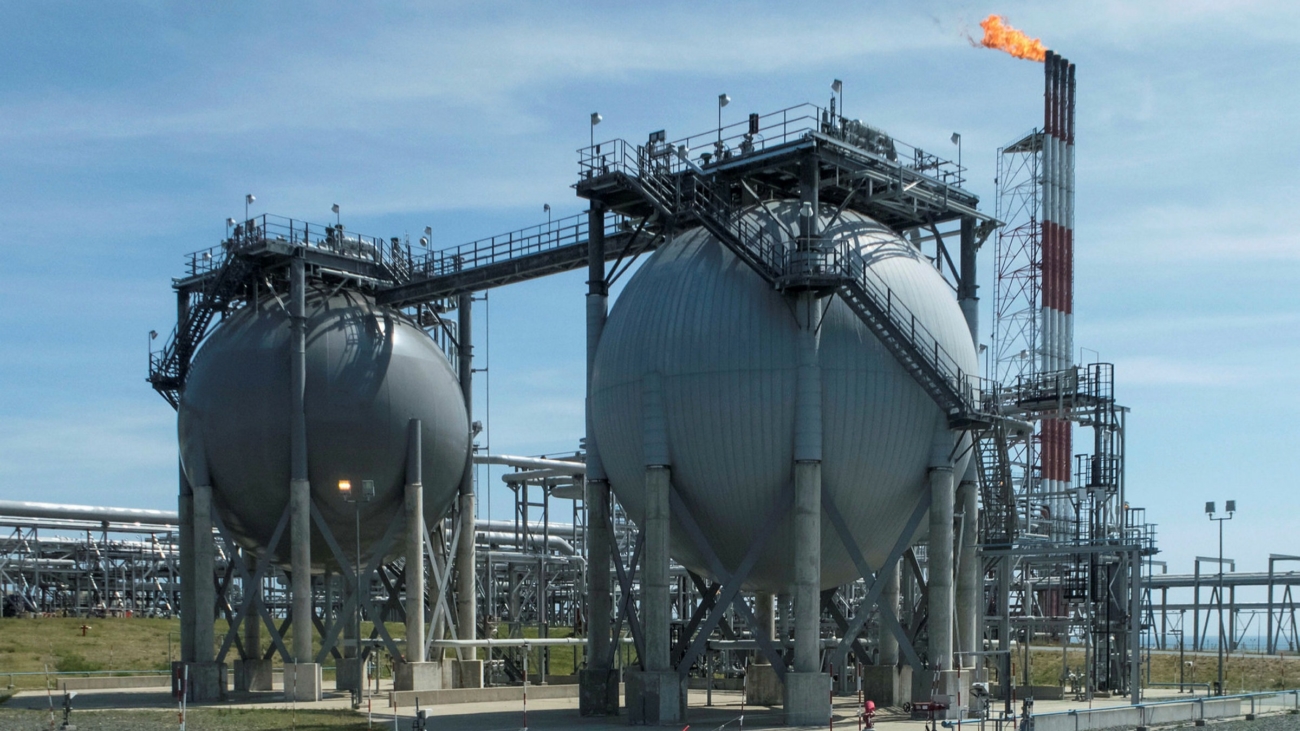In 2020 the cost of energy was the cheapest it had been in years, because airports and roads were almost empty due to the Covid-19 outbreak.
Today the need for energy is in demand, because the world economy is beginning to reopen. The problem is that supply hasn’t managed to keep up.
Oil prices in the USA have shot up to USD120, whereas in April 2020 it was at a low time cost of USD40, per barrel. The last time crude oil closed above USD80 was in October, 2014, but as recently as two months ago it closed one day at USD80.52.
Petrol prices are at a seven year high, which has shocked many Americans. Natural gas costs are so high, that particularly in Europe and Asia, factories and powerplants may be forced to seek cheaper fuel in the form of crude oil in order to keep electricity functioning.
FINANCIAL TIMES
Citigroup has forecasted USD85 a barrel with crude oil is likely to reach USD 90. Citigroup goes on to say that Europe could see ‘itself running out of gas by February’.
Until recently oil has been thought of as a potential substitute to natural gas, except for the cost. For many years natural gas prices were low, and it was seen as uneconomic to change to oil. That now is different, because natural gas costs have gone from below $2 per million BTU (British Thermal Unit) last year to almost $55 this year. This equals approximately USD320 a barrel of oil.
It is not only the high cost of natural gas, but Chinese coal prices have hit an all time high. This was partially caused by flooding in Northern China, where many coalmines were forced to close. Coal is a major factor in China as its principal source of energy. The country now has power shortages, making the government ration electricity.
OPEC remains in control. Oil is in high demand, but supplies are not keeping pace.


FUEL SHORTAGES AND THE SUPPLY CHAIN
As the world slowly emerges from the Covid-19 pandemic, it is faced with a new epidemic. Skyrocketing natural gas prices, global supply chain constraints, labor shortages particularly in ports incapable of keeping up with the surge of cargo ships as they arrive. Truckers and airlines are affected equally. A lack of employees is also affecting industries worldwide.
Port congestion has been a glaring part of the ongoing US supply chain crises. NOTE however this is not only a problem in the US now, it is a difficulty facing many ports around the world.
Look at the ports of Los Angeles and adjoining Long Beach. Which together handle 40 percent of US imports. In October, Southern California hit a record high of 100 ships floating off the coast, waiting to enter and unload their cargo, according to the non-profit Marine Exchange of Southern California.
Finally, the Ports authorities decided to impose fines for lingering cargo containers as part of an effort to ease congestion due to the Covid pandemic. Ocean carriers will be fined USD100 per day for each truck-bound container that is left for nine days or more. Fines for containers that will leave the facility by rail start accruing on their sixth day.
Slowly the fines are showing signs of having the desired effect. Should this prove highly lucrative, in California, PLEASE be aware that the idea of fines and penalties might extend far beyond borders of California and the USA!!
This month of December, will be busy and could be difficult for all of our MPL Members, and we wish you all the success possible. Sincerely hope 2022 brings happier and easier times to you all!!
SANDY MCINNES
MPL NEWSLETTER EDITOR











